As it was in the beginning, is now, and ever shall be, world without end. Amen.
When a woman is afflicted with a flow of blood for several days outside her menstrual period, or when her flow continues beyond the ordinary period, as long as she suffers this unclean flow she shall be unclean, just as during her menstrual period. Any bed on which she lies during such a flow becomes unclean, as it would during her menstruation, and any article of furniture on which she sits becomes unclean just as during her menstruation. Anyone who touches them becomes unclean; he shall wash his garments, bathe in water, and be unclean until evening. If she becomes freed from her affliction, she shall wait seven days, and only then is she to be purified. Leviticus 15:25-2
Legislation specified by God to Moses on Mt Sinai, Mosaic Law divinely proclaimed. Moses, God’s chosen leader of Israel, unable to look upon the face of God, a poor speaker, established the means God’s chosen were to live by. Time after time, the chosen would abandon the covenant. Naomi, one of the chosen, of the clan of Benjamin, was a woman who feared God as a child. Through this fear and admiration, she became acquainted with misery. She would become an outcast due to a physical ailment. It was her blood, her womanly bleeding lasting well beyond the prescribed seven days, and the loss of a holy grandfather. The bleeding was continual. The monthly curse of the woman would not stop. Twelve years she suffered the affliction. It took everything from her: materialistically, physically, and socially. Her life of desolation continued in isolation. None could heal her. Prayer, itself, abandoned her. Ambivalence replaced thoughts of God. Resignation to the world became her life. Spiritual matters consisted of a state of disgrace.
Without communal worship, she still conversed with God, talking gently, asking forgiveness for the fact she despised life, expressing the wish never to have known birth, pleading for an exit, begging for mercy. Asking, why was I born? There was nothing more she desired than to not be. Death. It was not hate, nor bitterness, rather defeat. She had lost her husband, righteously granted a divorce by the priest from the Tribe of Levi, the descendants of Aaron, brother to Moses. The officials of the Temple banned her from actively participating in the world of her upbringing. The sacred was closed to her. Her family shunned her, convinced she was a curse. None could touch her. She could touch none, and even more the things she touched became unclean, unworthy of others. Physicians who tried unsuccessfully to heal her wasted the moderate wealth her husband gave her in parting. Indigent and desperate beyond hope, she clung to the idea of being done with life.
Life as an exile started to change when she began living on the shores of the Sea of Galilee in a shelter gifted to her by anglers, four fishermen from various families belonging also to the tribe of Benjamin. Hidden in an alcove, the hut escaped detection from the main roadway, yet a side path led directly past its rear. The fishermen built a bigger shelter a short distance to the north, more convenient to the Roman roads. The hut was just a small one-room shelter from the weather, a former place to stow fishing gear. It was perfect for Naomi as it provided lodging and the isolation she needed, while also involving her with others. The men would leave her fish as well as figs, olives, herbs, fruits and vegetables. She ate little and the men were always obliging.
The dilapidated hut appeared as a blessing. Something about its location along the shores of the Galilei seemed mystical to Naomi. The doorway and two windows, openings for handing in vessels of dried salted fish, faced out onto the sea. Over three years of serving no purpose, the hut became a garbage retainer. People discarding unwanted items within. It was literally a dump when Naomi took ownership. One of the fisherman left her a cart to fill, promising her a donkey once it was ready to be hauled away. Naomi spent days emptying the hut, surprised at the variety of items thrown into it. Once she had the hut barren, she swept the ceiling, the walls, and the floor. The fisherman, witnessing her dedication, supplied her with whitewash stucco to cover the walls, also supplying hay for bedding. Naomi built a new door and shutters for the windows from branches she gathered, taking over a week of nonstop laboring to complete the task. Her home was finalized with the decorating of flowers. Two salvaged broken vessels from the removed refuse served as vases adorning the front door. Rooted in the vessels, precious cross shaped purple flowers gathered from Mount Carmel lifted themselves to the sun, posing for the observing. Naomi, relishing dirt underneath her fingernails, dug and refashioned the landscape. After six months of occupation, constantly working in her yard, she created a rock pathway leading to the shore of the sea, a rock fire pit for cooking, while planting flowers artfully about. Naomi took to waving at the few men, women, and children passing, those coming near on the water. Her disposition was also being redecorated. Others took the time to check on her if only to wave in greeting, to marvel at the beauty of her home. What once existed a useless hut fading into its surrounding, an invigorating home of life, intelligence, and beauty appeared.
The only visitor she enjoyed for lengthy visits was Susanna. Susanna, named in honor of the lily—her mother renowned for her love of flowers, was an old childhood friend. Susanna, now living in a distant village of her husband’s, sought Naomi out after learning of her fate through gossip. As girls they were fun-loving playmates, known for decorating their hair with lilies as well as other flowers. Maintaining childhood fancies, the two worked together, gardening upon Naomi’s yard. Susanna would tell stories about her grandchildren. The stories brought tears to Naomi. It made her reflect upon the grandchildren she had been banished from. Susanna told of her family so lovingly that Naomi understood she wanted her to share in life. She wanted to share thoughts of children growing. She acted out of love, not malice, or petty disguised animosity. Susanna would come on the Sabbath, or the day after, coming for the whole day, bringing something sweet to eat, honey, and plenty of smiles and good cheer. She suggested Naomi should consider raising bees, selling the honey to the fishermen.
It was during one of Susanna’s visits that Naomi learned of the healer Jesus, a new teacher of God, a man speaking words never heard before. One of Susanna’s nephews, Bartholomew, was traveling with Jesus having become one of his chosen disciples. The nephew referred to the man as Master. Whispered words hinted the teacher was the Messiah. Susanna herself heard the man speak, and told of the enchantment his winged words possessed. ’More than a prophet’, she would say. Naomi was not sure what to make of the talk. There were always religious fanatics wandering the land of Israel. Susanna even spoke of giving everything up and joining her nephew. She knew her nephew since he was born and she saw a miraculous change within the young man. She tried to speak of what she perceived surrounding her nephew and his Master, however she became frustrated with words, disappointed with her explanation, positive it did not embrace matters. She wanted to tell how the teacher’s voice sounded, yet she was lost for words. Her words were not winged. Susanna insisted that Naomi must search out this teacher and healer.
“You must tell him of your affliction. He heals. Miracles blossom about him like flowers.”
“It is useless. I have tried everything. The verdict is final.”
“This man is something new. You must at least hear him speak.”
“Susanna I am feeling old. I am tired. This small hut has become enough for me. I watch the sea and the birds. It is enough. You are kind and your visits mean so much, but please do not bring false hope. The decree is done.”
“I want you to offer prayers. Consider what I say in your silence and solitude with God. Listen with your heart. He will speak the words I desire, yet cannot. Do not take my word. Take His. Listen in silence.”
Naomi did consider what Susanna mentioned. Her friend was a moderate person; a good wife, mother, and grandmother; moral in behavior and thought, always serious about her religion as her father and brothers were Pharisees, proper studying and highly educated in Scripture and the Mosaic Laws. She had to admit she had never seen her friend express herself in a manner such as she did regarding this teacher who healed. Others were speaking about the man also. One could not help, but hear reports of his wandering.
Susanna’s insistence made Naomi think. From a conventional woman came crazy talk. There were many false prophets and religious zealots wandering about. It was nothing new amidst the shores of the Galilee. Never had her friend become enamored with one. Naomi knew this. The women held firm to the proper throughout her life. Naomi considered the matter as she sat on a large rock with a natural declivity that produced a reclining seat of comfort. It was a favorite perch.
This beautiful day, enjoying sunshine and blue skies, Naomi stared out beyond the waters of the sea, penetrating on into the wonder of creation. She noticed the odd flight of a particular bird, its path winding around the blinding light of an undeviating sun. In a matter of seconds, the bird was hovering above her, flapping its wings as it held steady aloft seemingly desiring to alight. The brightness of the sun highlighted the bird from behind as it blinded, making it appear larger. A white dove of splendor it became. Observing the spectacular bird, an internal voice crystallized, vanquishing thought.
“Seek my Son. Touch him. Have faith. Be healed.”

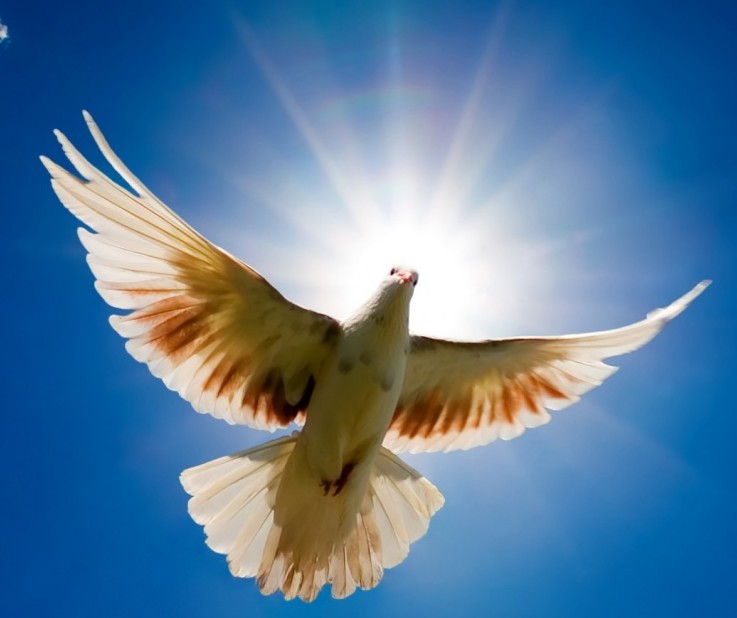

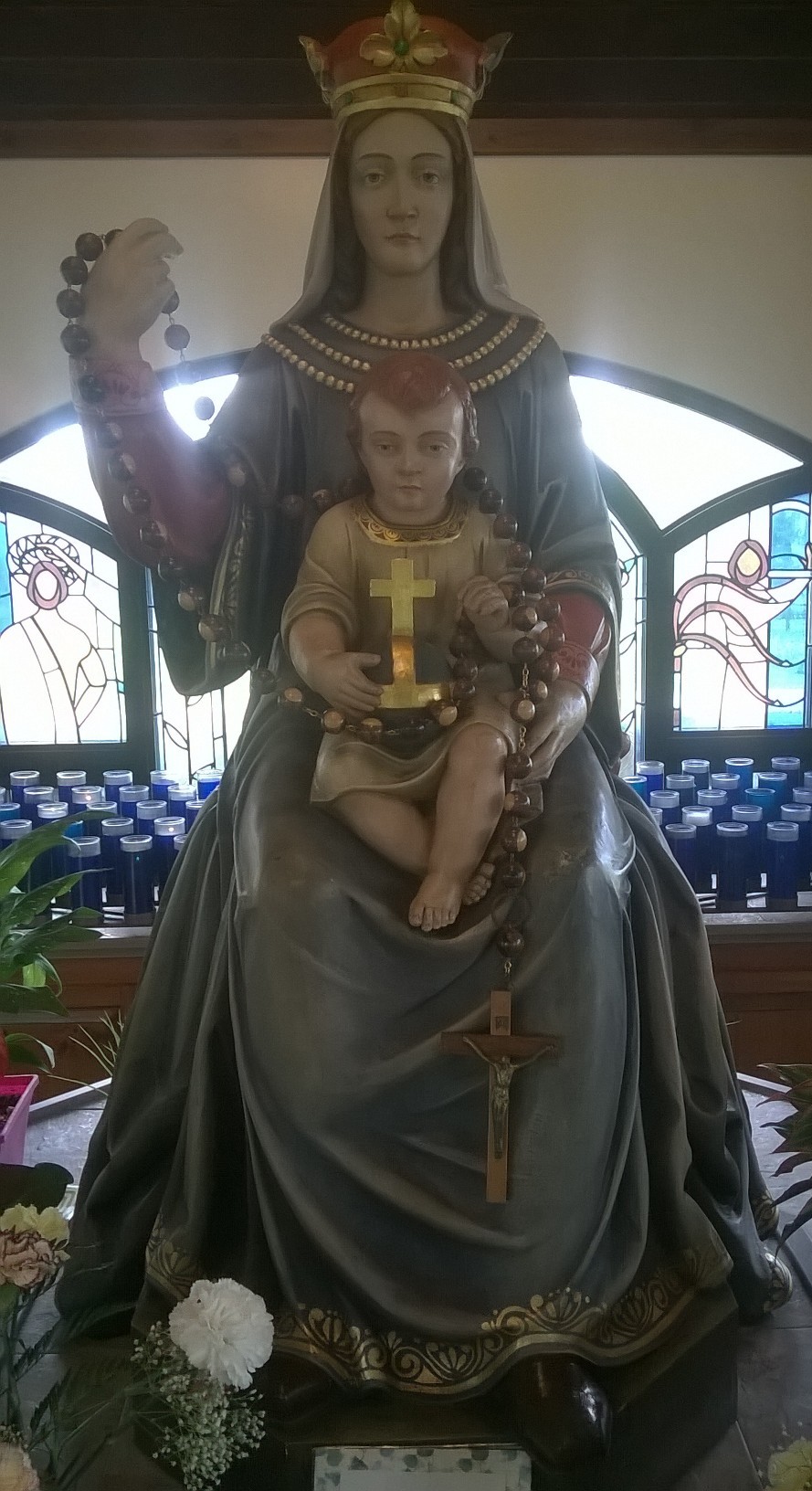
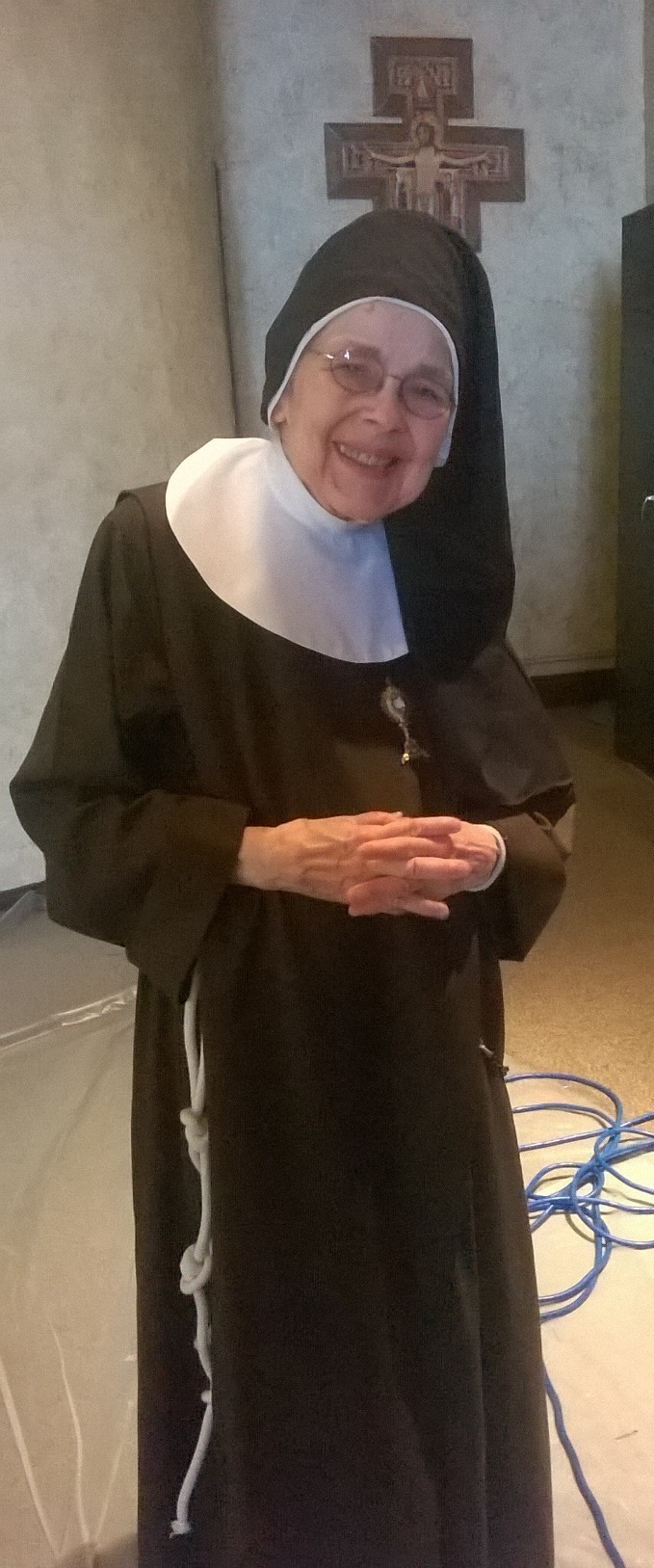
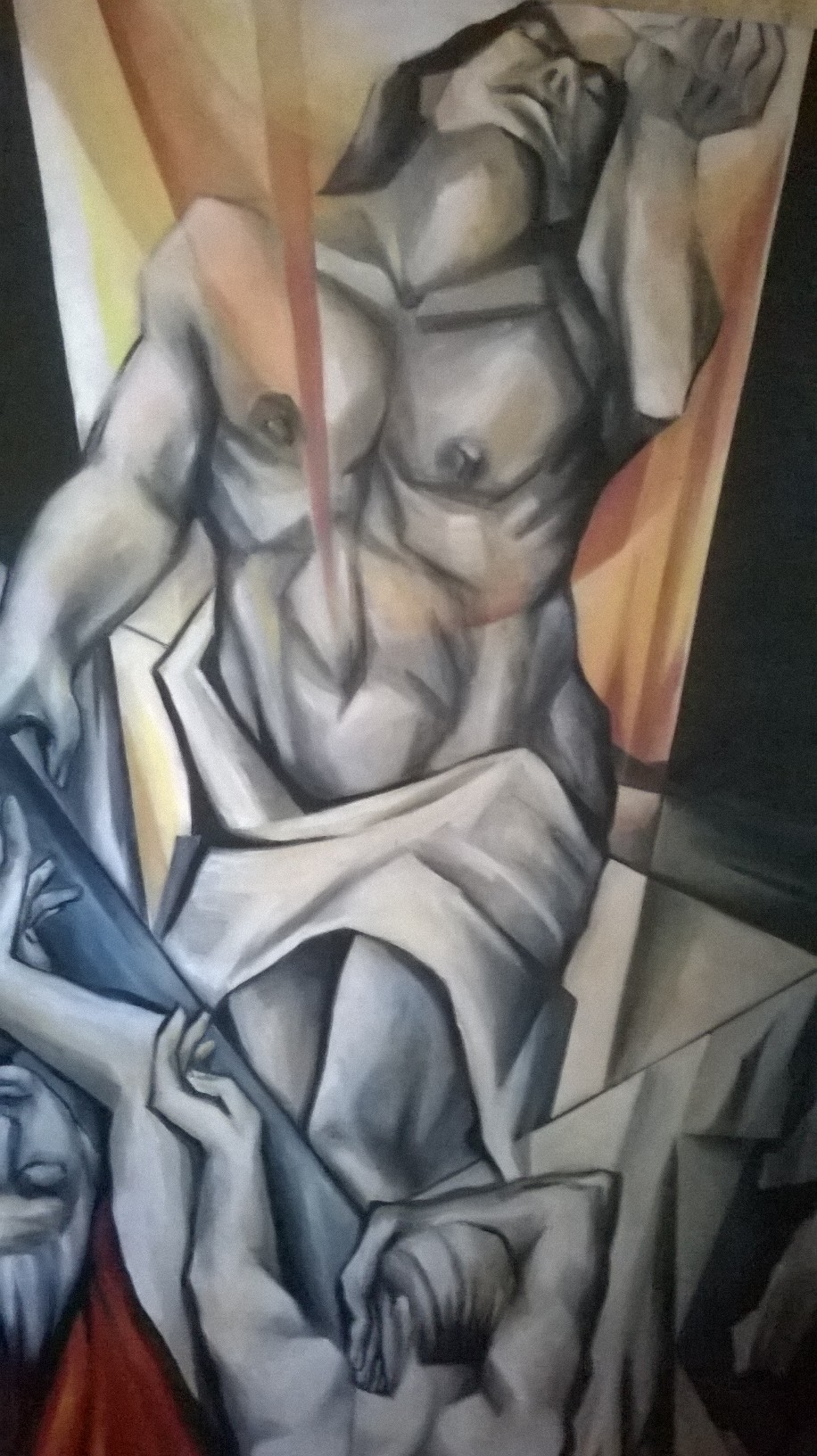
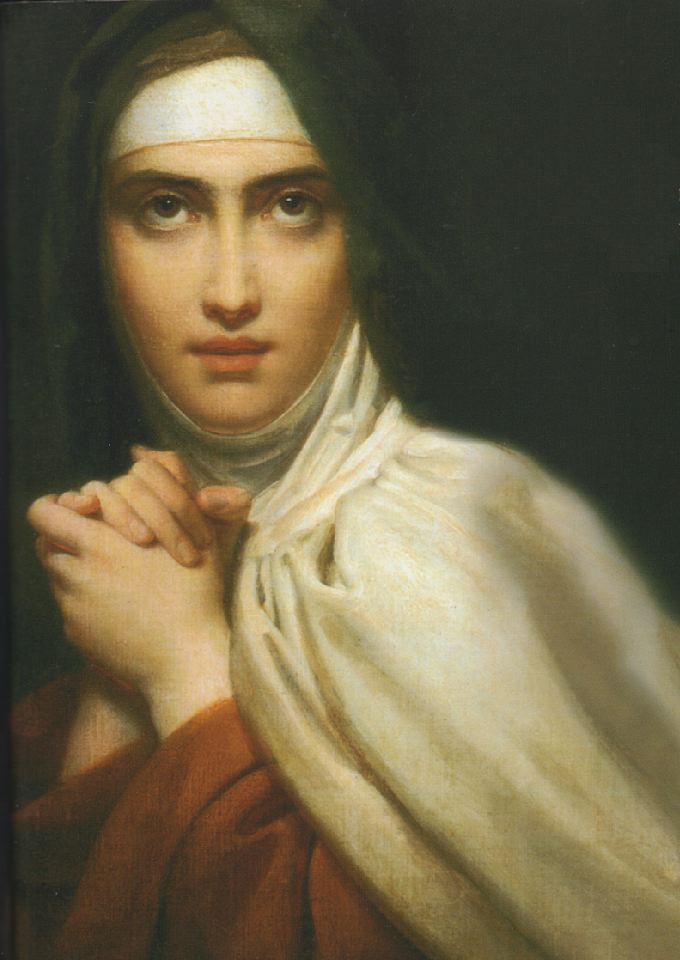
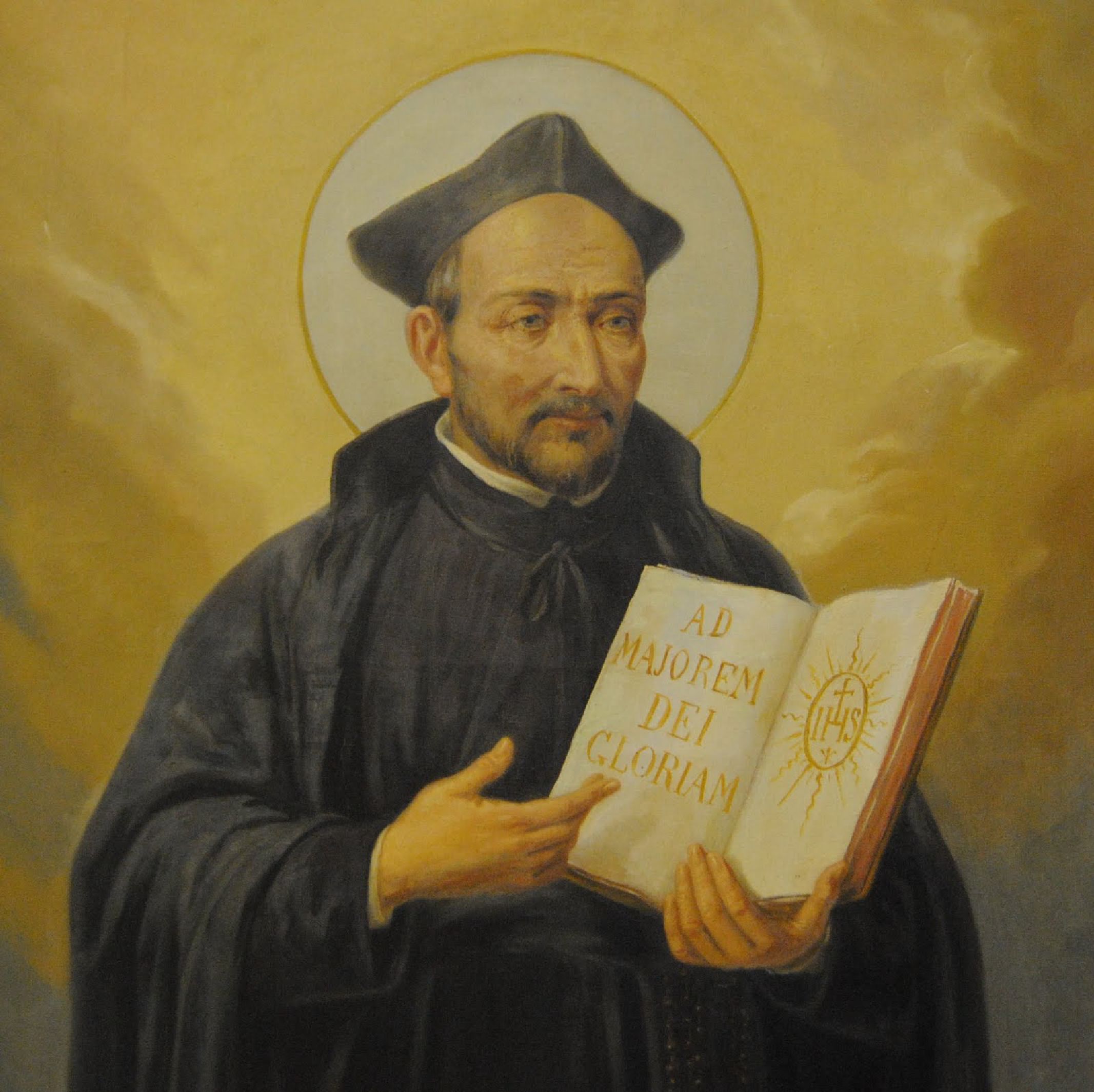
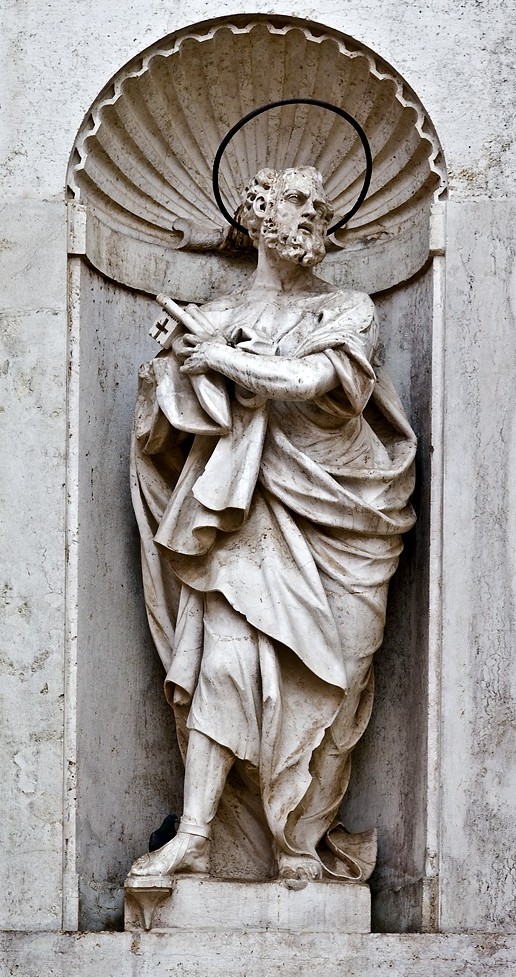
Recent Comments